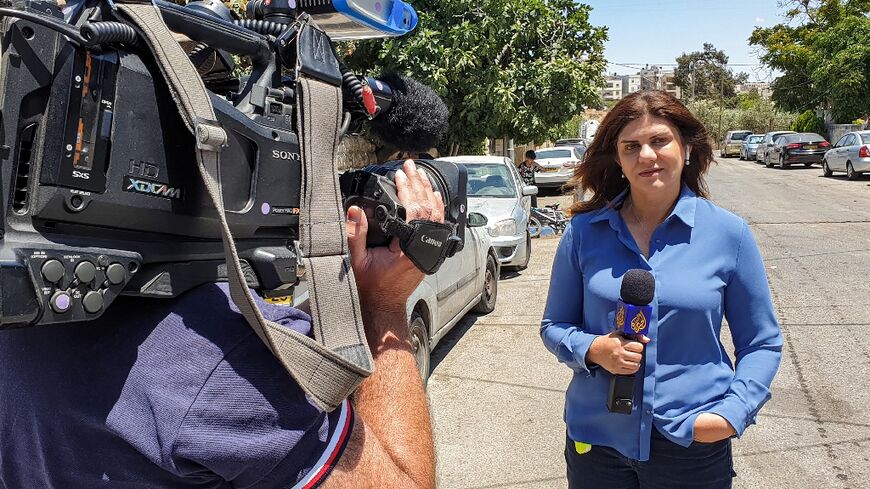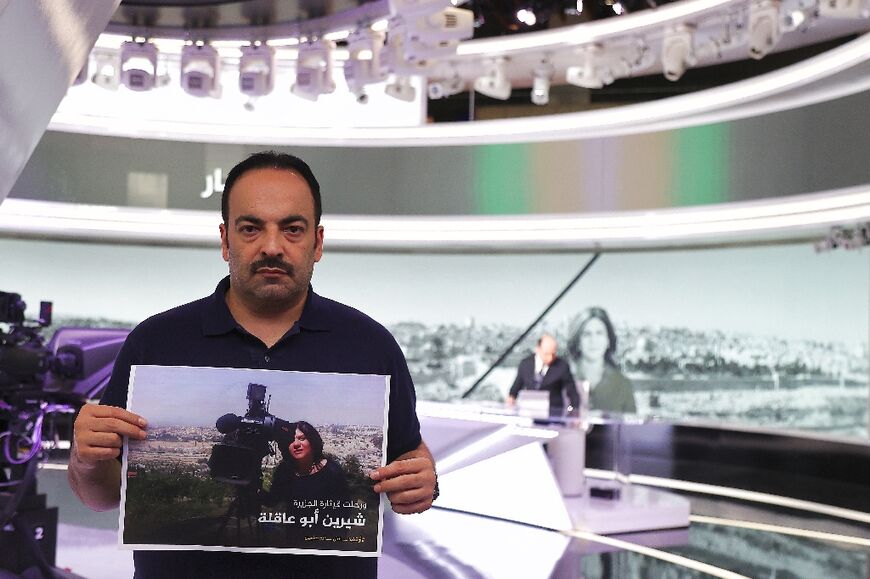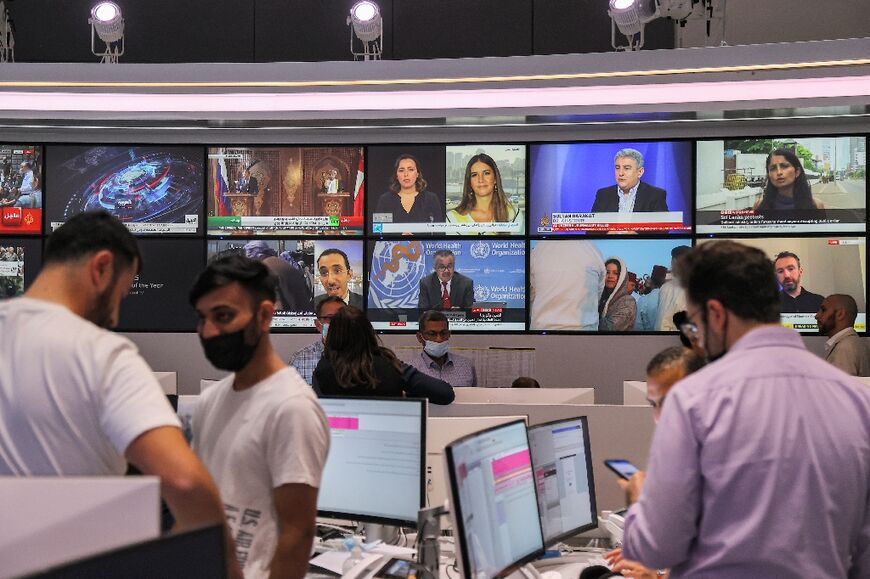France’s unprecedented drought shows climate change is ‘spiralling out of control’
Aude MAZOUE
AFP
As global warming accelerates, the spectre of drought haunts France’s once verdant farmland. Even now, before the start of summer, 15 administrative départements have had to restrict water use while farmers warn that the current situation will have an adverse impact on crop yields.

© Pascal Pochard-Casabianca, AFP
Few people in France are talking about this looming catastrophe – but all the signs of a record drought are there.
“No region has been spared. We can see the earth cracking every day. Yesterday I was at a farmer’s house in the Puy-de-Dôme region [in central France]; he was watering the wheat. If things carry on like this, farmers who can irrigate their crops will be able to deal with it but the others will face a dramatic reduction in their yields,” Christiane Lambert, the head of France’s biggest agricultural union the FNSEA, told AFP on Monday.
Since last autumn we’ve seen “huge droughts” in Spain and Portugal and the same phenomenon has spread to southern France, Lambert said. But “what is unusual this season is that drought is affecting regions north of the Loire”, the river that divides southern and northern France.
‘The water tables couldn’t be filled’
The French agriculture ministry is all too aware of the crisis. “Winter crops such as wheat and barley, currently growing [before cultivation later on], are starting to experience conditions that will affect yields,” a spokesperson said. The hot and dry weather France has seen over the past few weeks could also affect spring crops like corn, sunflower and beet – as well as the fodder needed to feed livestock.
Drought will not only undermine the food supply but has effects further afield. “As well as farming, drought has a huge impact on a lot of other things – like buildings,” warned hydrologist Emma Haziza. “We’re seeing more and more houses collapsing. This is unprecedented in France. The damage droughts create is more expensive to deal with than [the consequences of] floods and it will have huge long-term economic consequences.”
France’s energy flows could also be affected. “What’s more, drought has a negative impact on energy production, as nuclear power plants need a lot of water to cool the reactors.”
A rise in temperatures this April – even after the first day of the month saw snowfall in France – caused a 25 percent drop in rainfall from normal patterns. This heatwave is “remarkable in terms of how early it is, how long it is lasting, and how widespread it is geographically”, France’s Meteorological Office said.
Combined with unusually low rainfall last winter, these conditions have produced the current drought: A deficit of rain over two successive seasons meant “the water tables couldn’t be filled”, Haziza said.
“So very quickly we ended up in a critical situation – before summer has even started.”
For Haziza, who studies how water is distributed and circulated around the planet, the reasons for the current shortage are clear.
“The lack of rain is directly caused by climate change; there’s no doubt about that,” she said. “Drought is one of the first consequences we can see. As things stand, this phenomenon is occurring sooner and sooner and becomes more widespread every year.”
Indeed, this is the first time France has endured what meteorologists call a “flash drought” – a phenomenon usually experienced by countries that are more hot and arid, with soil and crops drying up in just five days.
‘Spiraling out of control’
Drought has hit some regions particularly badly – especially in southeastern France, the east of the country and the Poitou-Charentes region in the west. “Some regions’ water tables manage to fill up easily while others don’t,” Haziza said. “But now, even regions that thought they wouldn’t have a drought, like northern France – not to mention large parts of northern Europe, including Belgium – are beginning to suffer from its effects.”
By imposing restrictions on those 15 départements, the French government is managing the crisis – but remains far from tackling its root cause. The measures vary by département – from banning people watering gardens or fields at specific times to a total ban on using water for washing your car.
After talks with France’s water companies and farmers’ representatives, the agriculture ministry announced that the Third Agricultural Revolution, a fund launched in April aimed at helping farmers deal with climate change, will be doubled to €40 million.
The French government also announced in late April that water companies could spend an extra €100 million to help farmers adapt to climate change or to create new reservoirs.
France has done better than most developed countries at responding to the threat of climate change, and began transitioning away from fossil fuels to nuclear power in the 1970s. President Emmanuel Macron has recently reiterated his support for nuclear energy.
Even so, measures aimed at dealing with the current drought are nothing compared to the forces of climate change driving it. France must make long-term changes to its agricultural model, Haziza said, including a shift from its current production-oriented paradigm – which fuels the drought problem by driving deforestation.
“The whole system is spiralling out of control,” she said. “We’re running head on into climate change.”
This article was translated from the original in French.



















